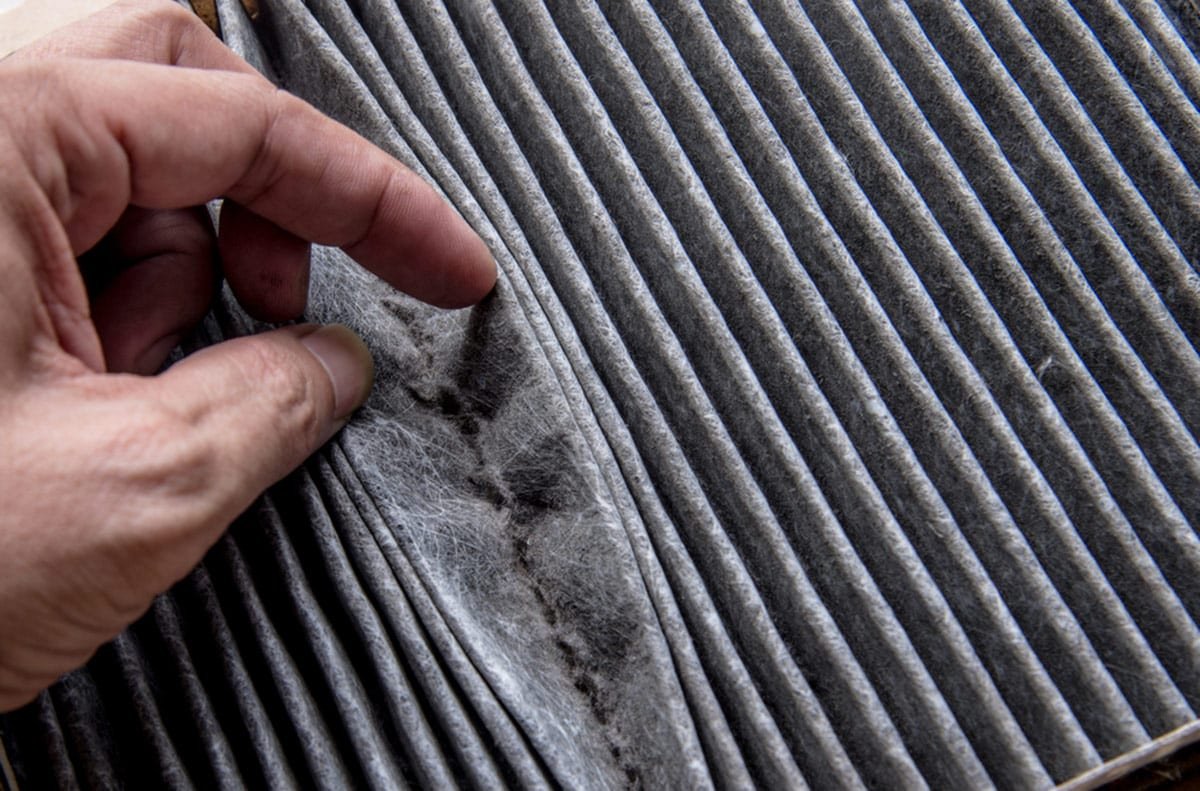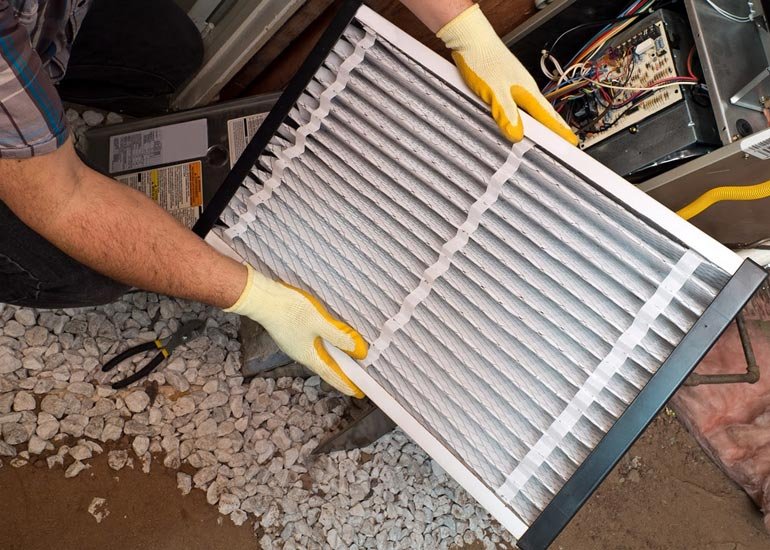Please do not ignore any strange odour, especially a chemical smell from the furnace, since it might signify a problem somewhere in your system. If you notice a chemical smell from the heating system, you should troubleshoot it immediately to find the cause. This article focuses on the various odours and their significance. You can avoid chemical smells from your furnace with regular furnace maintenance.
Rubber and Plastic Smells
If you smell rubber, metal or plastic smells from your furnace, turn off your furnace immediately. There could be several reasons for the rubber smell, including:
- overheating furnace
- wiring complication
- electric short
- burning cable
- worn-out belt
- malfunctioning blower motor
Before contacting a technician, turn off the furnace.
Chemical Smell
Experiencing strong chemical smells from your furnace might be a sign of a broken heat exchanger. A faulty heat exchanger could be dangerous since it could release carbon monoxide. Furthermore, a damaged heat exchanger can also start a fire in your house if left unhandled for long.
We strongly advise that you install carbon monoxide and gas detectors in your home to detect gas leakages. Attach the gas detector next to the furnace since certain gases can be odourless.
If you detect a chemical smell, shut your furnace off and leave the house immediately. Once in a safe location, contact an HVAC expert to help you solve this issue.
Gas/Rotten Egg Smell
Suppose your furnace uses natural gas, propane, or liquefied petroleum gas. In that case, you might notice a slight gas odour from your furnace when opening its fuel line. If the smell doesn’t disappear after a short time, turn the system off and evacuate the house immediately.
Avoid inhaling your furnace’s fuel gas because it can cause respiratory complications to you and the rest of the family as well. As mentioned earlier, installing a gas detector in your home will help to detect dangerous leaks.
Burning Electrical Smells
If you notice a burning electrical smell from the furnace, the furnace could be overheating. The cause of the overheating could be faulty components such as a blower motor or bearings.
An overheating blower motor could lead to more problems like electrical shorts and melting of parts.
Leaving your furnace in this state might even increase your energy bills since your furnace tends to use more power when driving through this resistance. When your furnace overheats, it causes wire casings and insulations to melt, thus resulting in electrical shorts and unnecessary fires.
Musty Odour
A musty smell is quite typical, especially when turning the furnace on for the first time after the summer. If the musty odour sticks around for a couple of hours, replace the filters. If the problem does not go away, contact a repair service or HVAC professional to troubleshoot your heating system.
Burning Oil Smell
Detecting a burning oil smell from your furnace can raise your tension since something might be burning up already in your furnace. This smell is usually similar to the rubber, and plastic odour smells caused by burning or melting cable inside your furnace.
However, one can’t experience this chemical smell from a furnace unless using an oil-fueled furnace. The smell might also be a result of improper combustion if your burner happens to leave a particular portion of oil unburnt, leading to the production of fog. The unburnt oil could create smoke clouds in your room or even start a fire if the furnace is left running.
Chemical Smell from Furnace – Conclusion
If you notice any of the above chemicals smells coming from the furnace, act immediately. You can try troubleshooting your furnace to identify the primary source of any of the chemical odours. If unsuccessful in your troubleshooting efforts, contact an HVAC technician.
We advise you to evacuate the house immediately when you notice chemical smells from your heating system. If a gas leakage caused the chemical smells, it could be deadly. Gas leakages can be dangerous to our respiratory systems, or they may start a fire.









